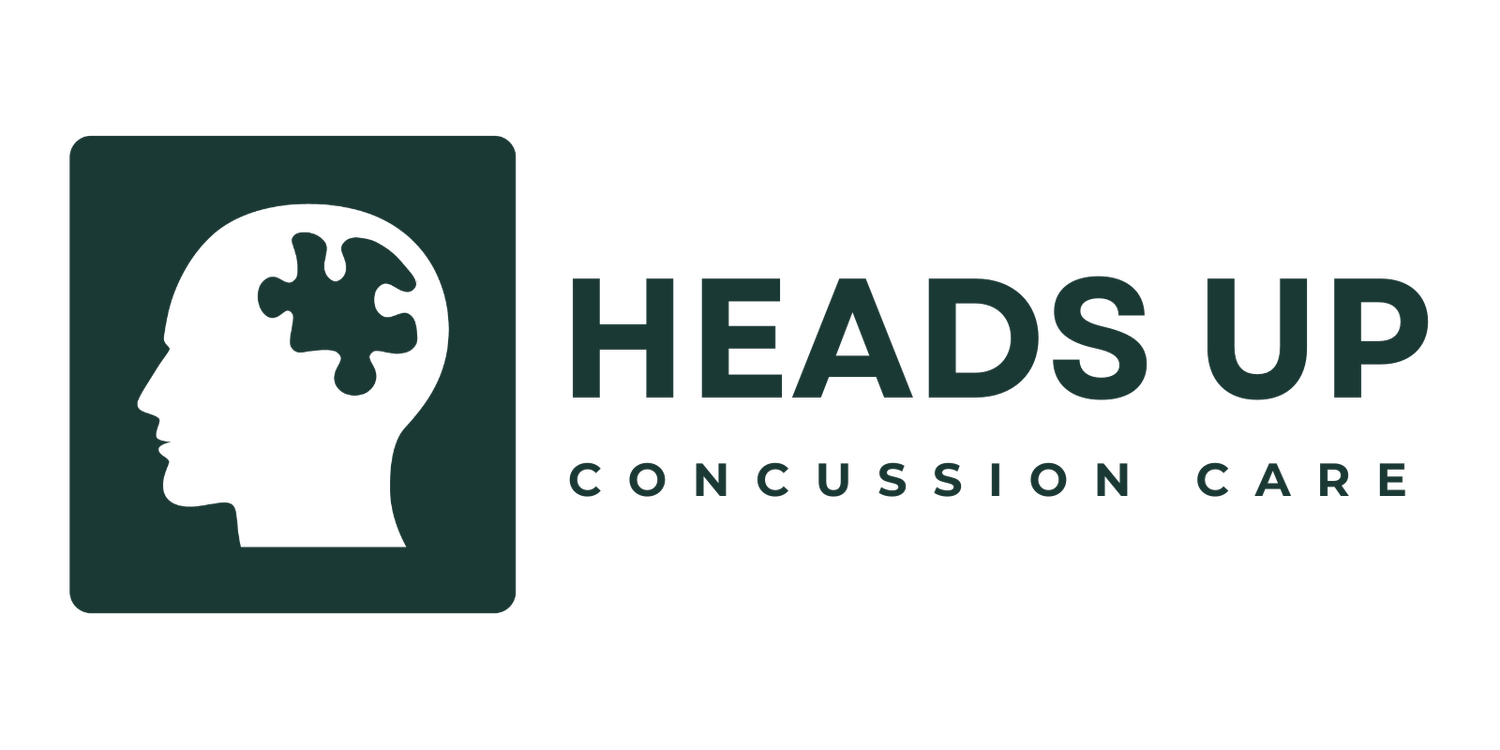Do you need a scan for a concussion?
When it comes to diagnosing and treating concussions, many people wonder if imaging scans like MRI, X-ray, or CT scans are necessary. While these scans can be crucial in certain situations, they are not typically used to diagnose a concussion itself. Let’s explore the role of these imaging techniques and how they fit into the overall management of concussions.
Understanding Concussion diagnosis – When thinking about the need for scans, it is important understand that a concussion is a mild traumatic brain injury and as such, does not actually cause any structural damage to the brain that can be seen on standard imaging tests. Therefore, why would we scan if there is nothing to see?
Concussions are diagnosed based on clinical evaluation rather than imaging. Healthcare providers rely on a detailed history of the injury, a thorough physical examination, and specific concussion assessment tools to make a diagnosis.
When to Consider Imaging - While imaging is not needed to diagnose a concussion, it may be necessary if there is any indication of a more serious injury such as skull fracture or a brain bleed. If there is any suspicion of these, go straight to the emergency department and the decision to scan or not will be made by your emergency doctor. These include:
· Loss of Consciousness
· Weakness, Numbness, or Tingling
· Seizures or Convulsions
· Rapidly Worsening and Severe Headache
· Bad Nausea or Repeated Vomiting
· Unsteadiness when standing or walking
· Bruising Around Eyes or Ears
· Increasing Confusion or Odd Behavioural Changes
· Inability to Remember the Injury
Scans may also be considered if there is signs of any other concurrent injury to the neck and suspicion of a cervical fracture. In which case these scans will focus on the vertebrae in the neck, and not provide any insight into a concussion itself.
The future of concussion scanning
Functional MRI (fMRI) Functional MRI (fMRI) is an advanced imaging technique that measures brain activity by detecting changes in blood flow. Unlike standard MRI, which looks at the structure of the brain, fMRI focuses on brain function.
· Potential in Concussion Diagnosis: Recent studies suggest that fMRI could help identify patterns of brain activity associated with concussions. For example, fMRI can detect disruptions in brain connectivity that might not be visible on other imaging tests. This could potentially provide more objective measures of concussion and help predict long-term outcomes.
· Need for More Research: While promising, the use of fMRI in concussion diagnosis is still in the early stages. More research is needed to validate its effectiveness and determine how it can be integrated into clinical practice. Current studies are exploring how fMRI can be used to improve the accuracy of concussion diagnosis and monitor recovery.
Conclusion Imaging scans like MRI, CT, and X-rays play a crucial role in ruling out serious brain injuries but are not used to diagnose concussions. The diagnosis of a concussion is primarily clinical, based on symptoms and physical examination. If you experience any red flags after a head injury, it’s important to seek medical attention immediately. For managing a concussion, follow your healthcare provider’s advice and focus on rest and gradual return to activities.
References
· Mukherjee, P., & Mitchell, J. W. (2017). Using fMRI to predict long-term concussion complications. Journal of Neurotrauma. Retrieved from https://cind.ucsf.edu/news/using-fmri-predict-long-term-concussion-complications
· Schrage, S. (2023). fMRI scans may improve diagnosis of sports-related concussion. Nebraska Today. Retrieved from https://news.unl.edu/article/fmri-scans-may-improve-diagnosis-of-sports-related-concussion
